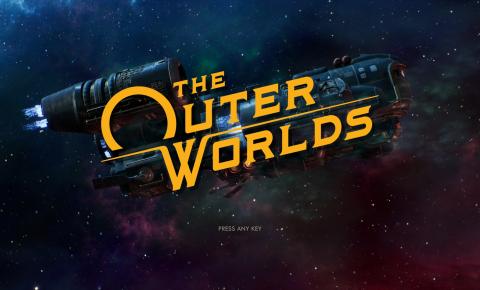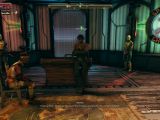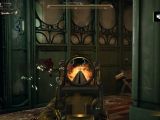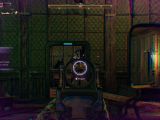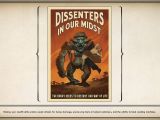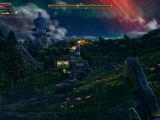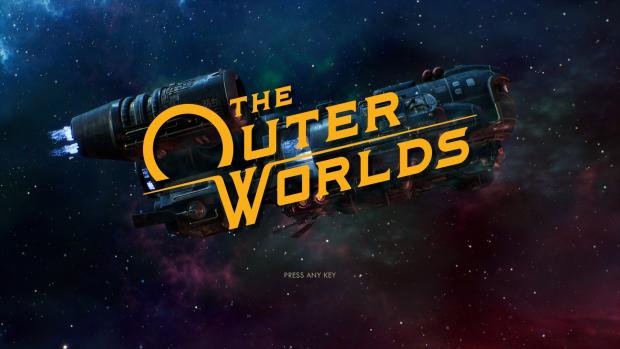The Outer Worlds wants to stand alone, without dragging on the weight of the legacy it doesn't claim to have. And guess what? Obsidian Entertainment's take on space RPGs is fresh and unique, despite any prejudice, we might have about it.
Obsidian Entertainment made the acclaimed Fallout: New Vegas. Still, if we cast out gaze back into the past, we'll see that their name stands next to iconic titles, such as Star Wars: Knights of the Old Republic II: The Sith Lords and Neverwinter Nights 2, to name a couple.
When the first glimpses of The Outer Worlds gameplay were revealed, everyone was quick to point out that it's somewhat similar to New Vegas, and for a good reason. The game does borrow a few elements from Fallout, but in the same way, a TV show uses teleportation. It's not like Star Trek has a monopoly on teleportation.
The same is true for The Outer Worlds, which might share some commonalities with other titles, but it's vastly different after you start playing it. And it's not just the color palette or the game mechanics. This game has a soul of its own, and it's revealed quickly in the first few minutes.
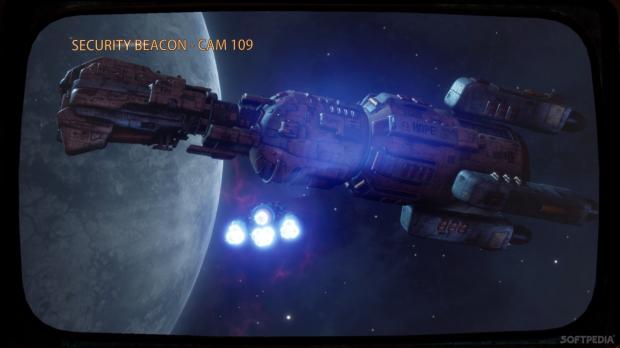
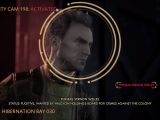

Story and gameplay
Our hero is sound asleep on a colony ship when he's awake by someone. It turns out that a few years in space turned into 70 years in space. The colony ship never reached its destination, and thousands of people disappeared.
A group of corporations controls the Halcyon star system, known ubiquitously as the Board. They are basically enslaving people to maximize profits, in what would be called unrestrained capitalism. People receive medication based on their work performance, and they mustn't speak ill of authorities.
Your decisions will influence the balance of power in the system, and players will find themselves in difficult positions where there is no clear right and wrong. Choosing one way or the other never feels like you've taken the correct path, and the reason is that there is no proper path.
As for the story itself, it put players into a position to fight the system, but the problem with that is that people will get hurt, no matter what you do. And that seems to be especially true if you take to choose a position of absolute morality. Lawful good is going to going to get the player killed, especially since there's also a reputation system in place, with various factions.
On the other hand, the gameplay is familiar and doesn't add too many new concepts, so players won't have to adapt. It's a Sci-Fy RPG, with skill, perks, choices, and a massive inventory. The number of items is not all that extensive, so you don't need to keep track of everything. Most enemies leave something of value behind, and the only things that are never enough are called mag-picks. These are used to break into safes, locked boxes, and rooms, at least in the first part of the game.
As you progress through the game, you unlock various skills that will allow players to open locks without having to use mag-picks. But until then, be on the lookout for those damn mag-picks. The inventory is large enough not to force people to find a vending machine all the time, and even one of the perks allows for fast travel when encumbered by too many items.
The one little detail that sets the game apart from any RPG I've seen until now is the investment in speech. Choosing to invest the points in intimidation or persuasion pays in almost any discussion with NPCs. You can deescalate a situation if you're intimidating enough, and you get past difficult situations without firing a shot when you persuade other characters to do your bidding.
The weapons are separated into several categories, and it's useful to have all of them on hand. When facing robots, for example, you will need shock weapons, but people and animals are susceptible to plasma attacks. Also, the developers added a simple feature that should be available in any RPG, and that's the ability to improve your current weapon. Say you find something that works well, but as you progress through the game, it becomes useless. Well, now you can tweak it and improve it on a workbench, maybe add it a little mod, and you can still use it with great success.
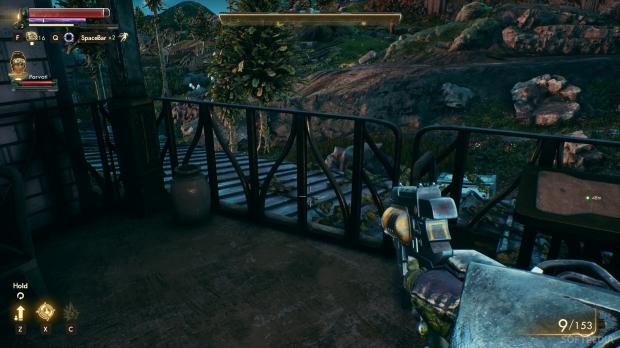

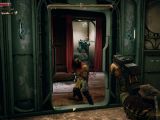
I'm not fond of the fact that items wear out. I never liked this in-game because it adds yet another thing I need to track. The only good thing is that items and armor take a long time to get any serious damage, and it's not expensive to repair them.
Finally, in Mass Effect fashion, players will gather companions in their travels. All of them have interesting backstories and their own side quests. You can have two follow you around all the time, and they even participate in discussions. It's also possible to equip them with the latest gear, and they're not there just for show. If you offer them powerful weapons, they will make the difference in a difficult battle. Fortunately, they don't die (or at least I haven't noticed), they just become incapacitated until the action is over.
The Outer Worlds is not an open-world game, per se. You feel like it is, but the action moves the players from one player to another, with some minor deviations from time to time. If you follow all the possible side quests, you will get to travel a lot more. The game is separated into massive maps, with their own pursuits and challenges, but more importantly, those worlds feel different from one another.
Graphics
Obsidian Entertainment chose the Unreal Engine for The Outer Worlds, and it looks stunning. Moons and planets in close orbits capture the sky, the weird plants and animals appear alien, and there is a wild west vibe that's impossible to shake off.
The only issue with Unreal and other similar engines is that some items seem to repeat themselves. You'll notice similar rooms and furniture all over, and even some houses are identical. We could argue that it's all part of the colony charm, but it would have nice to see more variation, at least for some textures.
I played the game on PC, and it works flawlessly. It's well-optimized, and it runs well even on older hardware.
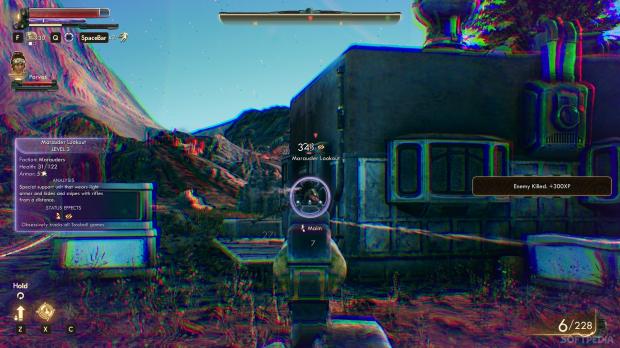


The Good
- Believable worlds and folklore
- Meaningful choices
- Beautiful graphics, deep characterization
- Compelling story
The Bad
- Some repetitive textures and items
- Wear and tear on items and weapons
- Lackluster UI
Conclusion
Or maybe you don't like that the story revolves around someone being woken up after a deep slumber, which coincidentally took much longer than it should. We can't ignore the fact that the real enemy is an authoritarian regime that pretends to do only good things for the people. But all of these are just themes that fit differently into a larger picture.
Having the game take place in space opens up the future of the franchise to a wealth of sequels. If Obsidian plays its cards right, we might be witnessing the birth of a great franchise. There is no doubt The Outer Worlds is almost a masterpiece. Sure, it could use some work here and there, but it's a perfect delivery system for the hungry human imagination that longs for the stars.
 14 DAY TRIAL //
14 DAY TRIAL // 